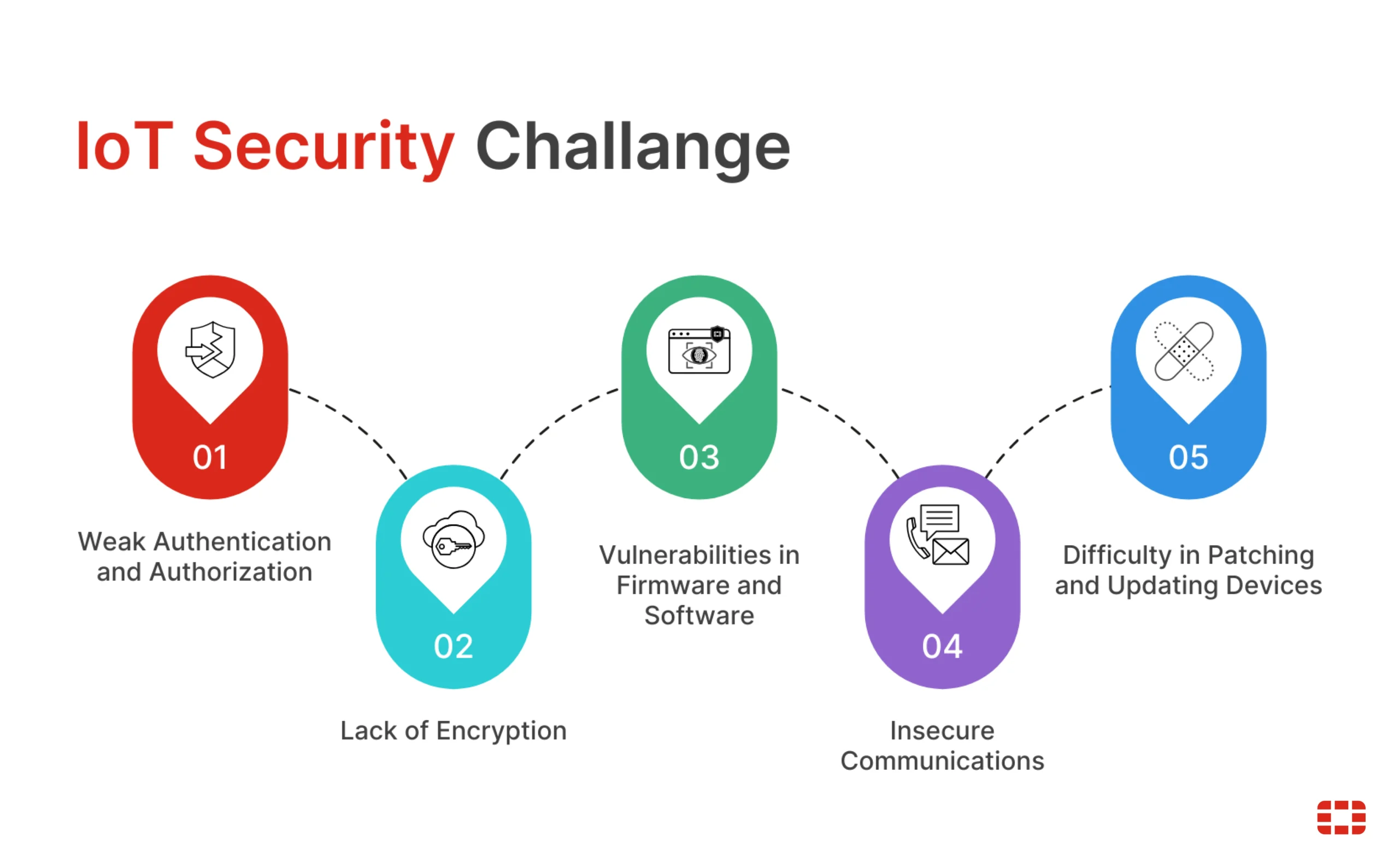While TruthFinder often helps research others, conducting background checks on yourself provides equally valuable insights. Self-research reveals what information appears in public records and helps address potential inaccuracies or privacy concerns.
TruthFinder compiles public records including criminal and traffic histories, property ownership, court records, and social media profiles. Running these searches on yourself reveals exactly what information others might discover about you through similar searches.
Discovering Your Public Digital Footprint
Public records contain surprising amounts of personal information accessible through background check platforms. Running TruthFinder searches on yourself reveals these digital footprints comprehensively, showing what details appear in government databases, property records, and online sources.
Self-searches often uncover forgotten social media accounts, outdated contact information still circulating in public databases, and previously unknown record entries. This comprehensive overview helps understand your complete public digital presence.
The process begins by entering your own name and current state into TruthFinder’s search system. The resulting report shows information associated with your identity across various public sources, organized into navigable sections for detailed review.
TruthFinder offers a dark web monitoring feature that checks whether personal information such as email addresses or Social Security numbers appears on illicit marketplaces. This functionality helps identify potential identity theft risks before significant damage occurs.
Identifying and Addressing Inaccuracies
Public records sometimes contain errors that could potentially impact personal reputation or create confusion during others’ research. TruthFinder self-searches help identify these inaccuracies so they can be addressed through appropriate correction processes.
Common errors include outdated addresses still listed as current residences, incorrect criminal record associations due to similar names, and inaccurate property or vehicle registrations. Once identified, many of these errors can be corrected through relevant government agencies or information providers.
Court records occasionally contain entry errors or information association problems that incorrectly link cases to individuals. Identifying these issues through TruthFinder allows appropriate court record correction requests through established legal channels.
TruthFinder reports include “Remove” and “Flag as Inaccurate” buttons that allow users to address problematic information. These features help manage personal information visibility, though users should understand their limitations regarding how corrections propagate through the system.
According to privacy experts, regularly monitoring your own public records helps prevent identity theft by catching unauthorized information use early. Self-checks establish baseline knowledge about your digital footprint, making unauthorized changes more readily apparent.
Managing Online Reputation
Professional opportunities and personal relationships increasingly involve online research during early stages. TruthFinder self-searches provide insights about what information potential employers, business partners, or personal connections might discover during routine background checks.
After identifying your public information profile, strategic reputation management becomes possible. This might include updating professional profiles with current achievements, addressing negative content through appropriate removal requests, or creating positive content that accurately represents current professional status.
Social media audit represents another valuable self-search application. TruthFinder reveals social accounts associated with your identity, allowing review of public content and privacy settings across platforms that might otherwise get overlooked during manual reviews.
Regular self-checks help monitor reputation changes over time and address emerging issues promptly. Quarterly self-searches establish ongoing reputation management practices rather than reactive responses to specific situations or opportunities.
According to digital privacy experts, personal information monitoring represents an essential practice in modern digital environments. Regular self-background checks help maintain information accuracy and appropriate privacy levels across expanding digital platforms.
Understanding Privacy Implications
TruthFinder self-searches reveal how much personal information remains publicly accessible despite privacy concerns. This knowledge helps make informed decisions about future information sharing and privacy protection strategies.
After reviewing public records about yourself, consider adjusting privacy settings on active accounts, closing unused accounts, and being more selective about personal information shared through public platforms. These steps help reduce unnecessary public information exposure.
TruthFinder operates within regulatory guidelines and cannot be used for employment screening, tenant verification, or credit checks when researching others. However, self-searches provide valuable personal insights without these restrictions since you’re accessing your own information.
According to consumer rights advocates, individuals should maintain awareness about their digital footprints and exercise available controls over personal information. Self-background checks provide essential knowledge for informed privacy decisions in increasingly data-driven environments.
TruthFinder’s site uses cookies to improve user experience, suggesting users review privacy policies to understand data collection practices when conducting self-searches. This transparency helps users make informed decisions about platform usage while researching their own information.




